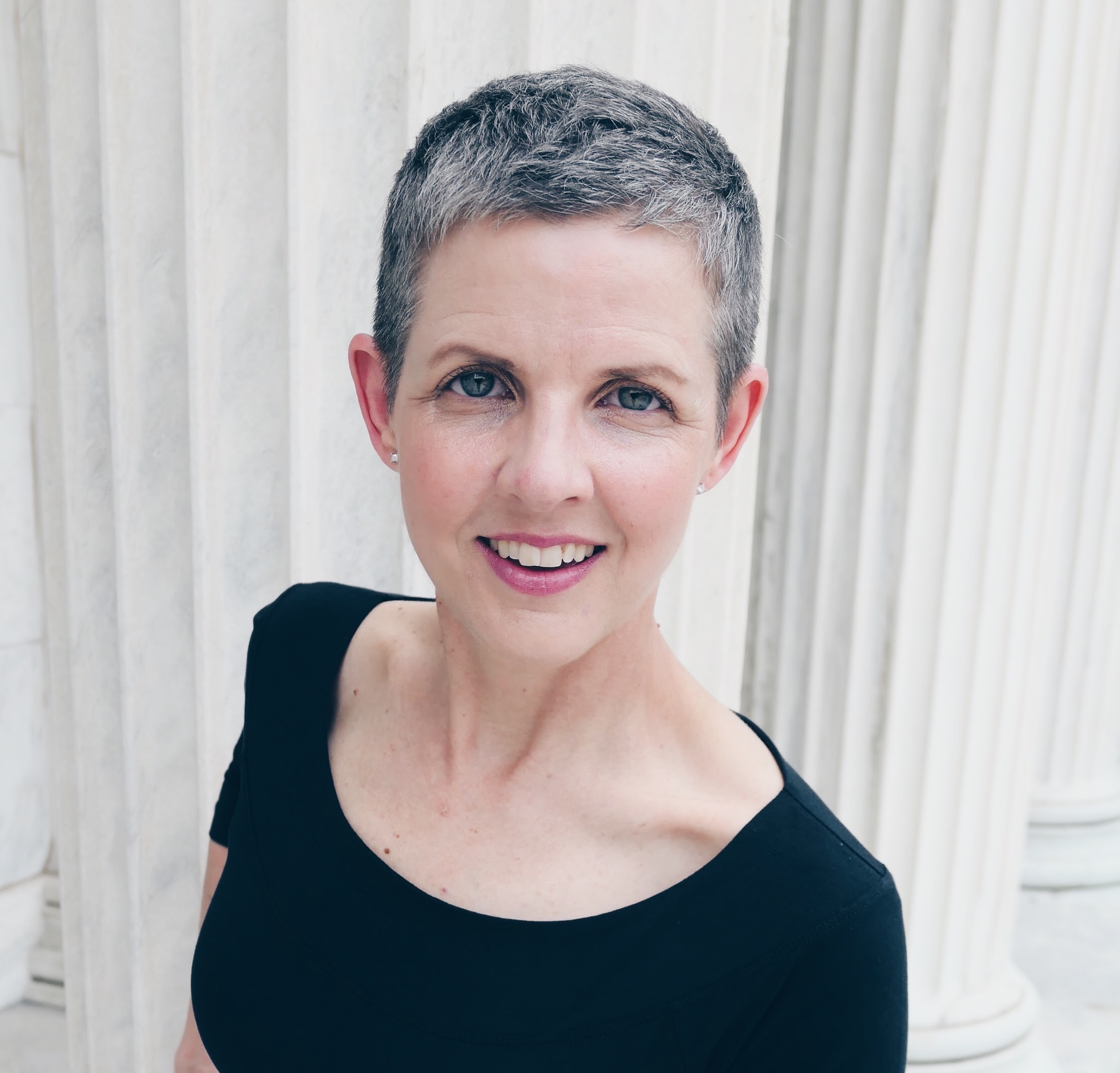Here’s something we have in common – procrastination. We all do it. Yes, even the most productive among us. Spoiler alert – it’s not about time management, nor is it about laziness. So, then, what is procrastination about?
The word procrastination is derived from the Latin word procrastinare (to put off until tomorrow) and the Greek word akrasia (doing something against our better judgment). So, essentially, procrastination is delaying action on a task, despite knowing that the delay is not good for us. Yet, even in our moments of procrastination, we often have motivation and energy for certain things – sports, hobbies, visiting with friends, caring for pets, perhaps alphabetizing that spice rack. (Scratch laziness.) So, why procrastinate?
The short answer: stress relief.
Let’s change our angle. We procrastinate when we experience undesirable emotions around a task. From this vantage point, the real problem is the feeling – boredom, resentment (I should/have to), the fear of failure (I’m not good enough), the fear of success (Then what?), the fear of being less than perfect, and beyond.
When facing such discomfort, procrastination becomes the reward, albeit an unsatisfactory one. It’s a coping mechanism to temporarily allay the feelings of boredom, fear, and self-doubt. Essentially, we’re choosing short-term relief over the potential of satisfaction in the future. However, we’re also indirectly (maybe unknowingly) choosing the consequences of increased stress and often the additional feeling of self-blame around the task – undesirable emotions that we want to avoid. And the procrastination cycle begins anew.
By bringing awareness and self-compassion to our procrastination tendency (or habit), we can release the shame and instead focus on something else we have in common – choice.

Here’s how to confront your procrastination with kindness and the power of choice.
Bring awareness to your emotions.
When you notice you’re procrastinating (looking to organize your kids’ Legos, anyone?), pause and consider your emotional and physical state. Marc Brackett (author of the book Permission to Feel) suggests asking the following: At this exact moment, what is my emotional state? Am I feeling up or down? Pleasant or unpleasant? Would I like to approach the world or steer clear? Next, consider physical clues: Am I energized or depleted? Is my heart racing, is there a knot in my stomach, or am I feeling balanced, cool, and at ease? Try to understand the root cause of your feeling.
Accept what is there.
Bring unconditional friendliness and a welcoming attitude to your emotions as they are. Your feelings are providing valuable information, and treating them as they belong will allow you to choose how you respond to them. (See my recent blog post on acceptance for more on this.) You can even quietly (or silently) say to your feelings yes or you belong.
Practice self-compassion.
Practicing self-compassion involves brining kindness to yourself as you would a loved one, like a close friend. Tell yourself that procrastination signals self-protection, not a character flaw. Also, know that you’re in the company of humanity, as everyone procrastinates at times. It’s not who you are; it’s a part of the human experience.
Proceed with a sense of agency and the power of choice.
Agency is the sense that we have influence over actions and their outcomes – in other words, feeling that we are in the driver’s seat rather than simply reacting to things happening to us. It’s being an active agent in choice. Choice involves options, and having options relies upon our ability to see possibilities from which we can choose. Yet, our minds are often filled with automatic habits that limit our ability to see the full realm of what’s possible. The truth is that we do have a choice. Simply pausing (rather than reacting to a stimulus) is a choice. When facing procrastination, pause and consider the consequences of performing an action versus the consequences of not, then consciously choose what serves you better. If choosing an action, you can also choose to use supportive language. Neil Fiore (author the book The Now Habit) suggests replacing unsupportive language of “I have to” with “I choose to,” and “I must be perfect” with “I can be perfectly human.” Then take a small step forward with supportive language and a firm commitment.
Wishing you agency and the power of conscious choice. And – ultimately – clarity and freedom in moving forward, one action at a time.


0 Comments